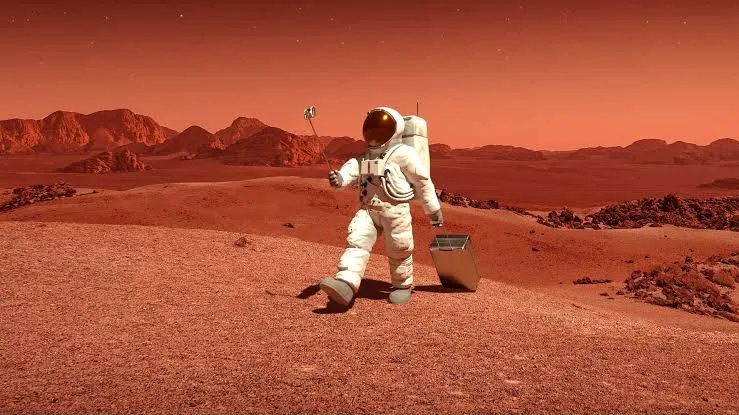Space tourism, once the stuff of science fiction, is now reality. Launches by rocket, weightlessness, and the Earth seen from orbit-things hitherto reserved for astronauts-are turning into the newest playground for billionaires and thrill-seekers. But as the industry takes off, questions of its inclusivity, environmental impact, and broader implications for society loom large.
The Rise of Space Tourism
The tourism of space proper started in 2001 when the American entrepreneur Dennis Tito paid a fee of $20 million to visit the ISS. Now, the industry has come far from those days when suborbital flights ranged between $250,000 and millions of dollars. Now, the companies are working on developing spacecraft strictly for tourists, while Virgin Galactic is offering short suborbital rides and SpaceX is planning week-long voyages around the Moon.

The Dream Flies
In the last couple of years, privately held companies like SpaceX, Blue Origin, and Virgin Galactic have made space travel a lot more civilian-friendly, rather than regulated by the government. These pioneering companies promise to make that final frontier accessible, well, not just to astronauts, but to civilians deep enough in their pockets.
History was made this summer when Virgin Galactic’s Richard Branson and Blue Origin’s Jeff Bezos launched themselves into suborbital space, marking the beginning of a new era in commercial spaceflight. Their brief journeys were hailed as milestones and symbols of the expanding reach of humans beyond Earth.
The Billionaire Playground
Well, the plain fact is that space tourism is exclusive to only a few individuals who can afford the hundreds of thousands, if not tens of millions, of dollars that the ticket price runs for. Japanese billionaire Yusaku Maezawa has booked an entire SpaceX flight around the Moon, solidifying the narrative that space at this moment is a playground for the ultra-wealthy.
This is exclusive, critics argue, and symptomatic of the fast-growing gulf between rich and poor in the world: that billions of dollars are sunk into private spacecraft development to reach an orbiting research laboratory, while poverty, inadequate healthcare, and climate change-all pressing concerns on Earth-still cry out for our attention.
A Leap for Technology
But apart from all these criticisms, the ever-growing space tourism industry has driven some remarkable technological strides. Reusable rockets pioneered by companies like SpaceX have reduced the cost of space travel and enhanced its sustainability. These, in theory, could eventually make space tourism more accessible to a wider audience.
Besides, space research can be considerably hastened by private investment in this area: microgravity research, new materials, planetary science-just a few areas that are being advanced by commercial enterprises.

The Environmental Cost
While space tourism is, no doubt, a leap into technology and innovation, its environmental toll cannot be completely disregarded. The rocket launches emit great amounts of carbon dioxide and other impurities into the atmosphere, helping to accelerate climate change. The most sensitive part of the upper atmosphere, where rocket emissions gradually build up, is yet to show their effects; these are still long-term.
Democratizing Space or Repeating History?
Advocates for space tourism say that any transforming technology starts as a luxury of the elite before trickling down to the commoners. Air travel once was a privilege of the rich but today is a global phenomenon. Could space tourism do the same? Skeptics caution against such optimism: they suggest that, unless something is done, space tourism is setting course to repeat history, in the sense that this will become an industry dominated by billionaires and corporations, hoarding for a few the potential dividends of space exploration-scientific knowledge, new resources, and international collaboration.
What Lies Ahead
Both enormous promise and formidable obstacles have turned space tourism into a dream for many, not only companies like SpaceX, which envision everything from orbital trips to Martian colonies, but also others who focus on suborbital flights with just a few minutes of weightlessness. A number of entrepreneurs are also vying to create luxury space stations, even space hotels.
Space tourism will only ever be a true force for good if it moves beyond the billionaire’s playground. This means it is now time for governments, private companies, and international organizations to cooperate on making sure that space remains the shared frontier, not a commodity for the few.
Conclusion
Space tourism is a new frontier in the story of humanity, a tribute to our ingenuity, our ambition, and our desire to explore. But it’s also a stark reminder of the disparities that define our world and the urgent need to address them. Space tourism can be a doorway to a fantastic future, but only if we will make sure it is a journey available for all.




